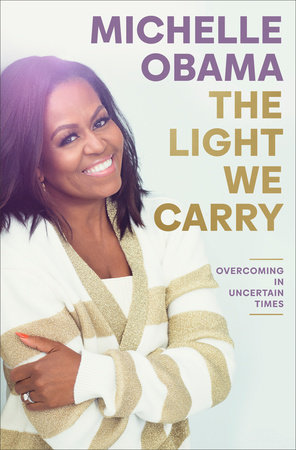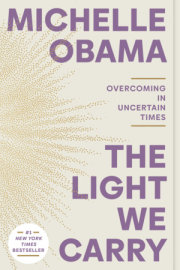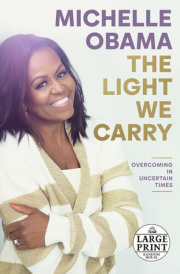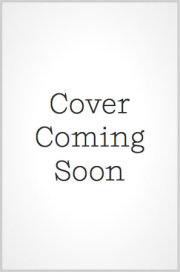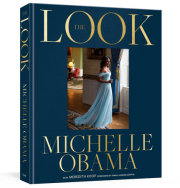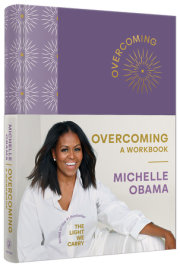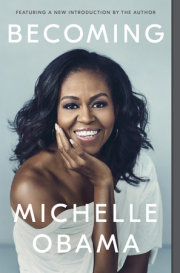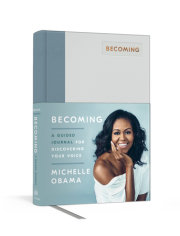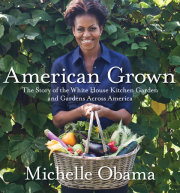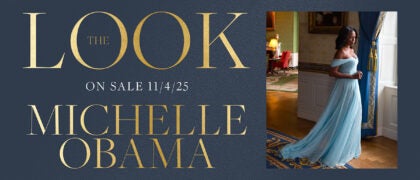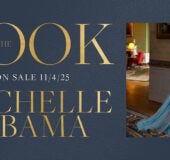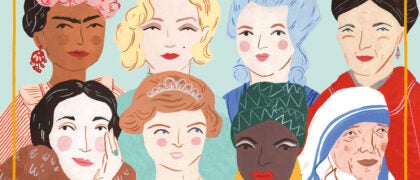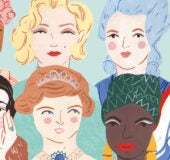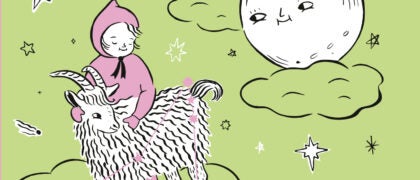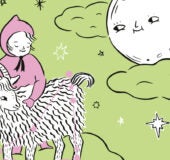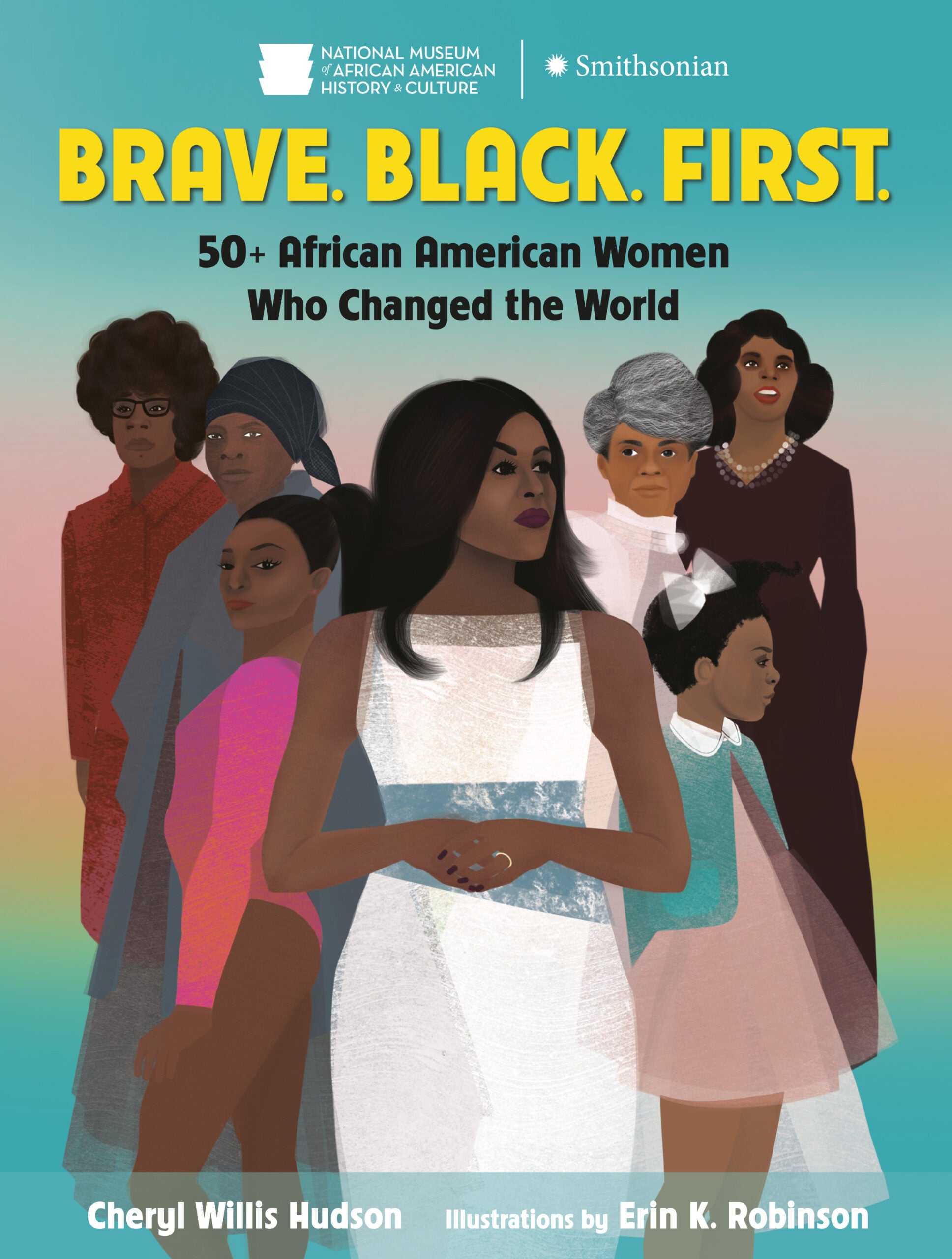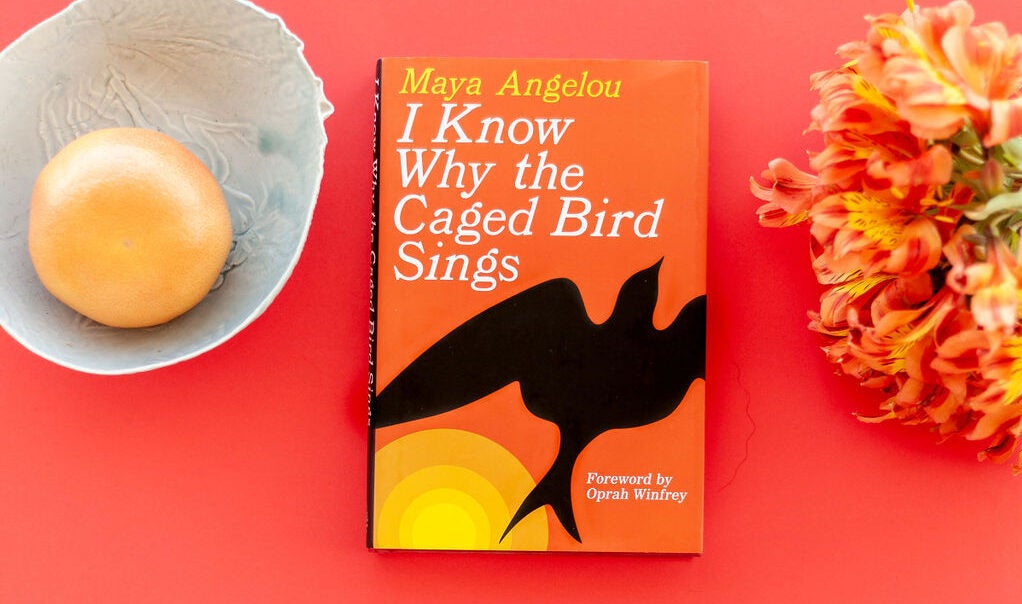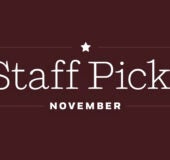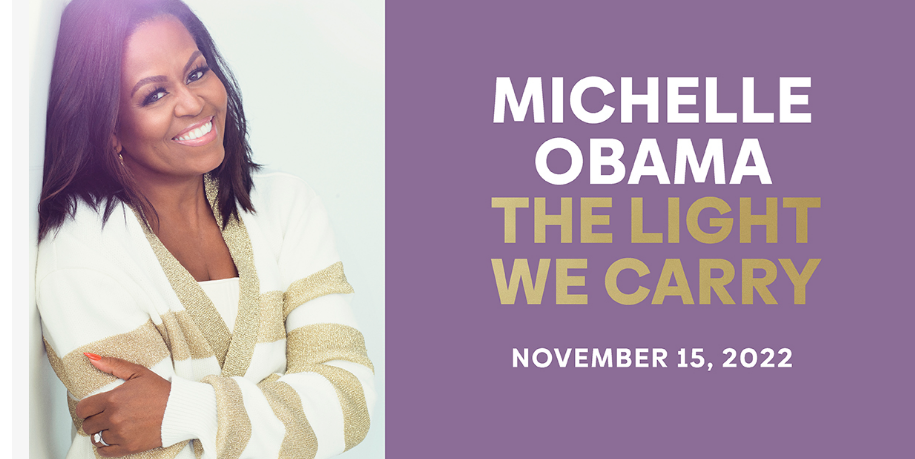Introduction At some point when I was a child, my father started using a cane to keep himself balanced when he walked. I don’t remember exactly when it showed up in our home on the South Side of Chicago—I was maybe four or five years old at the time—but suddenly it was there, slim and sturdy and made of a smooth dark wood. The cane was an early concession to multiple sclerosis, the disease that had given my father a severe left-legged limp. Slowly and silently and probably long before he received a formal diagnosis, MS was undermining his body, eating away at his central nervous system and weakening his legs as he went about his everyday business: working at the city’s water filtration plant, running a household with my mom, trying to raise good kids.
The cane helped my dad get himself up the stairs to our apartment or down a city block. In the evenings, he would set it against the arm of his recliner and seemingly forget about it as he watched sports on TV, or listened to jazz on the stereo, or pulled me onto his lap to ask about my day at school. I was fascinated by the cane’s curved handle, the black rubber tip at its end, the hollow clatter it made when it fell to the floor. Sometimes I’d try to use it, imitating my father’s motions as I hobbled around our living room, hoping to feel what it was like to walk in his shoes. But I was too small and the cane was too big, and so instead I would incorporate it as a stage prop in my games of pretending.
As we say it in my family, that cane symbolized nothing. It was just a tool, the same way my mother’s spatula was a tool in the kitchen, or my grandfather’s hammer got used any time he came over to fix a broken shelf or curtain rod. It was utilitarian, protected, something to lean on when needed.
What we didn’t really want to acknowledge was the fact that my father’s condition was gradually growing worse, his body quietly turning on itself. Dad knew it. Mom knew it. My older brother, Craig, and I were just kids at the time, but kids are no dummies, and so even as our father still played catch with us in the backyard and showed up at our piano recitals and Little League games, we knew it, too. We were starting to understand that Dad’s illness left us more vulnerable as a family, less protected. In an emergency, it’d be harder for him to leap into action and save us from a fire or an intruder. We were learning that life was not in our control.
Every so often, too, the cane would fail our father. He would misjudge a step, or his foot would catch a lump in the rug, and suddenly he’d stumble and fall. And in that single freeze-frame instant, with his body in midair, we would catch sight of everything we were hoping not to see—his vulnerability, our helplessness, the uncertainty and harder times ahead.
The sound of a full-grown man hitting the floor is thunderous—a thing you never forget. It shook our tiny apartment like an earthquake, sending us rushing to his aid.
“Fraser, be careful!” my mom would say, as if her words could undo what had happened. Craig and I would leverage our young bodies to help our dad back to his feet, scrambling to retrieve his cane and eyeglasses from wherever they’d flown, as if our speed in getting him upright might erase the image of his fall. As if any one of us could fix anything. These moments left me feeling worried and afraid, realizing what we stood to lose and how easily it could happen.
Usually, my father would just laugh the whole thing off, downplaying the fall, signaling that it was okay to smile or crack a joke. There seemed to be an unspoken pact between us: We needed to let these moments go. In our home, laughter was yet another well-worked tool.
Now that I’m an adult, what I understand about multiple sclerosis is this: The disease impacts millions of people worldwide. MS trips up the immune system in such a way that it starts attacking from within, mistaking friend for foe, self for other. It disrupts the central nervous system, stripping away the protective casing from neural fibers called axons, leaving their delicate strands exposed.
If MS caused my father pain, he didn’t talk about it. If the indignities of his disability dimmed his spirit, he rarely showed it. I don’t know if he ever took falls when we weren’t around—at the water-filtration plant, or walking in or out of the barbershop—though it stand to reason he did, at least occasionally. Nonetheless, years passed. My dad went to work, came home, kept smiling. Maybe this was a form of denial. Maybe it was simply the code he chose to live by.
You fall, you get up, you carry on. I realize now that my father’s disability gave me an early and important lesson about what it feels like to be different, to move through this world marked by something you can’t much control. Even if we weren’t dwelling on it, that differentness was always there. My family carried it. We worried about things that other families didn’t seem to worry about. Going out, we quietly sized up the obstacles, calculating the energy it would take for my father to cross a parking lot or navigate his way through the bleachers at Craig’s basketball games. We measured distance and elevation differently. We viewed sets of stairs, icy sidewalks, and high curbs differently. We assessed parks and museums for how many benches they had, places where a tired body could rest. Everywhere we went, we weighed the risks and looked for small efficiencies for my dad. We counted every step.
And when one tool stopped working for him, its utility dwarfed by the strength of his disease, we’d go out and find another—the cane replaced by a pair of forearm crutches, the crutches replaced eventually by a motorized cart and a specially equipped van that was packed with levers and hydraulics to help make up for what his body could no longer do.
Did my father love any of these things, or think they solved all his problems? Not at all. But did he need them? Yes, absolutely. That’s what tools are for. They help keep us upright and balanced, better able to coexist with uncertainty. They help us deal with flux, to manage when life feels out of control. And they help us continue onward, even while in discomfort, even as we live with our strands exposed.
I have been thinking a lot about these things—about what we carry, what keeps us upright in the face of uncertainty, and how we locate and lean on our tools, especially during times of chaos. I’ve been thinking, too, about what it means to be different. I’m struck by how so many of us wrestle with feeling different, and by how central our perceptions of differentness continue to be in our broader conversation about what sort of world we want to live in, who we trust, who we elevate, and who we leave behind.
These are complicated questions, of course, with complicated answers. And “being different” can be defined in many ways. But it’s worth saying on behalf of those who feel it: There’s nothing easy about finding your way through a world loaded with obstacles that others can’t or don’t see. When you are different, you can feel as if you’re operating with a different map, a different set of navigational challenges, than those around you. Sometimes, you feel like you have no map at all. Your differentness will often precede you into a room; people see
it before they see
you. Which leave you with the task of overcoming. And overcoming is, almost by definition, draining.
As a result—as a matter of survival, really—you learn, as my family did, to be watchful. You figure out how to guard your energy, to count every step. And at the heart of this lies a head-spinning paradox: Being different conditions you toward cautiousness, even as it demands that you be bold.
Copyright © 2022 by Michelle Obama. All rights reserved. No part of this excerpt may be reproduced or reprinted without permission in writing from the publisher.





